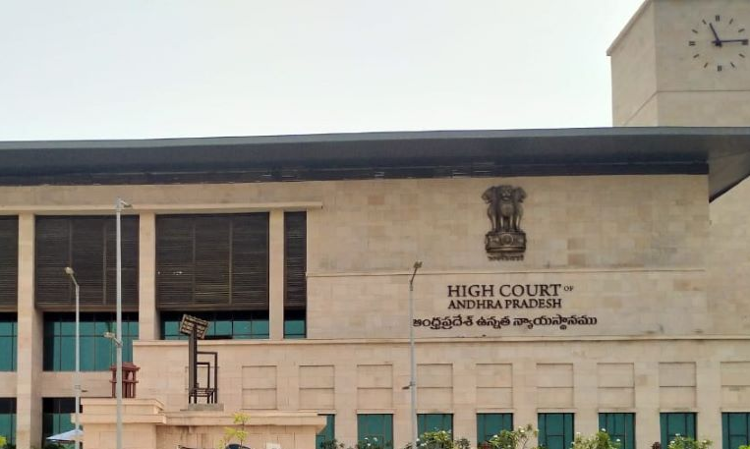Plea Alleging Cruelty During Marriage Not Maintainable After Divorce: Andhra Pradesh High Court
Fareedunnisa Huma
18 May 2024 12:21 PM IST

Next Story
18 May 2024 12:21 PM IST
The Andhra Pradesh High Court has held that when a marriage has already been dissolved, a petition under 498A and section 3 of the Dowry Prohibition Act is not maintainable. The order was passed in a criminal revision petition filed by the accused and his parents challenging the dismissal order passed against their discharge petitions in a criminal case filed in section 498A of the IPC...
